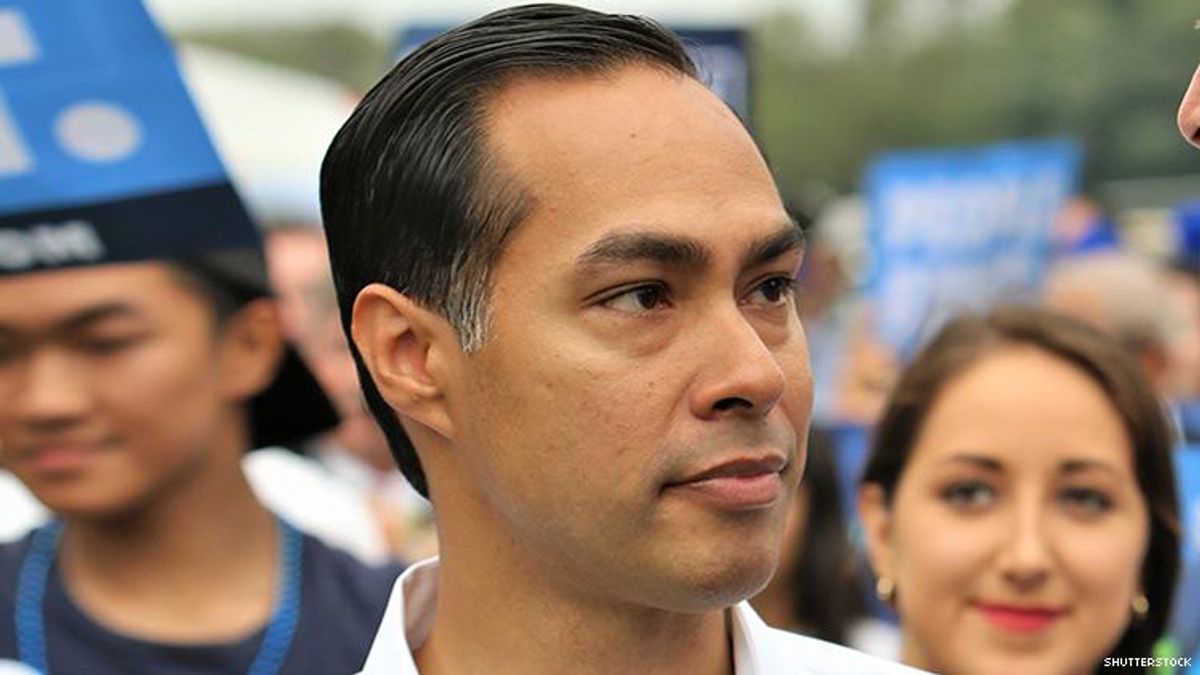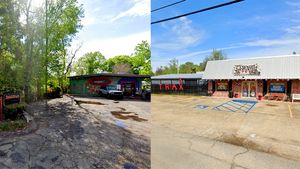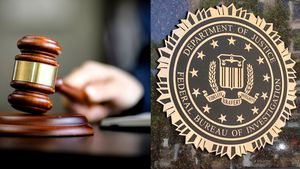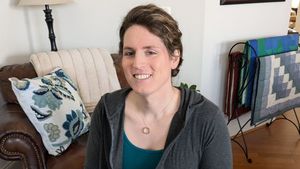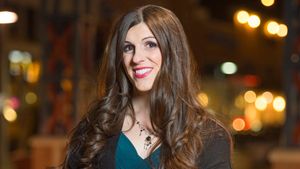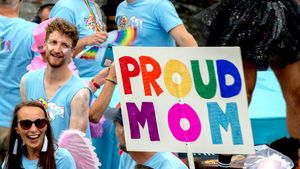All Rights reserved
By continuing to use our site, you agree to our Private Policy and Terms of Use.
In the hours before a CNN LGBTQ+ Town Hall on Thursday, Julian Castro rolled out a sweeping plan to combat anti-LGBTQ+ discrimination in adoption and foster care.
On his Medium page, the presidential candidate pledges a $10 billion annual investment to child welfare programs across the United States, with a focus on fighting the bias that both LGBTQ+ youth and same-sex couples face when interacting with foster care and adoption agencies. Ten states have laws on the books permitting agencies to turn away prospective same-sex parents, and another 32 states have no protections to prevent shelters from subjecting LGBTQ+ youth to conversion therapy.
Castro believes these practices must end. If elected in 2020, he pledges to "take executive action to eliminate" state and local laws which "prevent [LGBTQ+] families from fostering or adopting" in the name of religion. Just last year, Oklahoma and Kansas enacted legislation allowing faith-based adoption and foster care centers to refuse placement to same-sex couples.
"This is state-sponsored discrimination that will not be enabled by federal funding," Castro says. "Not only are these policies bigoted, but they also exacerbate the shortage of foster families."
To ensure these protections remain in place for future administrations, the former Housing and Urban Development Secretary says he will make the passage of the Every Child Deserves a Family Act a priority, legislation that seeks to increase the number of children that are placed into adoptive and foster homes by ensuring equal access for LGBTQ+ families. Research has shown that same-sex couples are four times as likely to adopt and six times as likely to foster a child.
Trending stories
Although the legislation was reintroduced by House Reps. John Lewis (D-Alabama) and Jenniffer Gonzalez Colon (D-Puerto Rico), it has yet to receive a vote in either the House or Senate. Kirsten Gillibrand (D-New York), who dropped out of the presidential race in August, is the bill's lead sponsor in the Senate.
In addition to furthering anti-LGBTQ+ discrimination policies in adoption, Castro's plan would also create federal policies train foster and adoptive families in LGBTQ+ competency, in order to help ensure that prospective parents are able to better meet the needs of queer and trans youth. Multiple studies have shown that LGBTQ+ young people are overrepresented in foster and adoption programs across the country.
Castro says these policies are critical to ensure that LGBTQ+ young people who are placed in adoption and foster care have the resources to succeed.
"While 58 percent of foster youth graduate high school, compared to 89 percent of the general population," he says, "only 30 percent of them pursue higher education and less than 3 percent will actually complete college."
The plan also pledges greater outreach to families that are already affirming of LGBTQ+ youth to help encourage them to foster or adopt.
"I will direct child welfare agencies receiving federal funding to increase recruitment efforts to create a more diverse pool of potential foster families," he says, "as well as create federal incentives to encourage states to improve its policies that support quality foster parenting, such as peer support networks that provide foster parents much needed support as well as crisis mobile response services that connect youth and foster families to mental health professionals in times of need."
Lastly, the plan calls for passage of the Equality Act, a federal civil rights bill that would ban discrimination on the basis of gender identity and sexual orientation in all manner of public accomodations, including bias "by state and local governments against foster youth or their families."
Castro says the sweeping proposal -- the only one of its kind put forward during the 2020 primary -- comes from a personal place.
"As a young attorney, I practiced family law and saw firsthand the turmoil children endure and the inherent tensions within the foster care system," he says. "We can do better as a nation to serve each other and build a country where everyone counts."
In addition, the state that Castro hails from has made national headlines in recent years for an adoption and foster care crisis that continues to plague local agencies. According to the Texas Standard, over a "dozen children died while in foster care placements in the last several years." As of January, more than 3,000 children are awaiting placement in a stable home, while foster care centers are running out of beds.
As mayor of San Antonio, Castro passed a nondiscrimination ordinance in 2013 banning anti-LGBTQ+ discrimination in housing, employment, and public accomodations, which includes foster care and adoption.
But while the Castro's plan signals his intent to continue fighting for LGBTQ+ equality in the White House -- a topic he discussed in a recent interview with Out -- the candidate has yet to unveil a comprehensive LGBTQ+ agenda. The same day his adoption and foster care plan debuted, three candidates -- Pete Buttigieg, Kamala Harris, and Elizabeth Warren -- dropped sweeping LGBTQ+ platforms tackling issues from ending invasive, unnecessary surgeries on intersex babies and simplifying the process for trans people to correct their birth certificates and passports.
Castro's website, however, discusses some of these proposals, including ending discrimination against gay and bisexual blood donors, reversing Trump's trans military ban, and outlawing conversion therapy.
RELATED | Julian Castro Says His Mother Taught Him to Be an LGBTQ+ Ally



